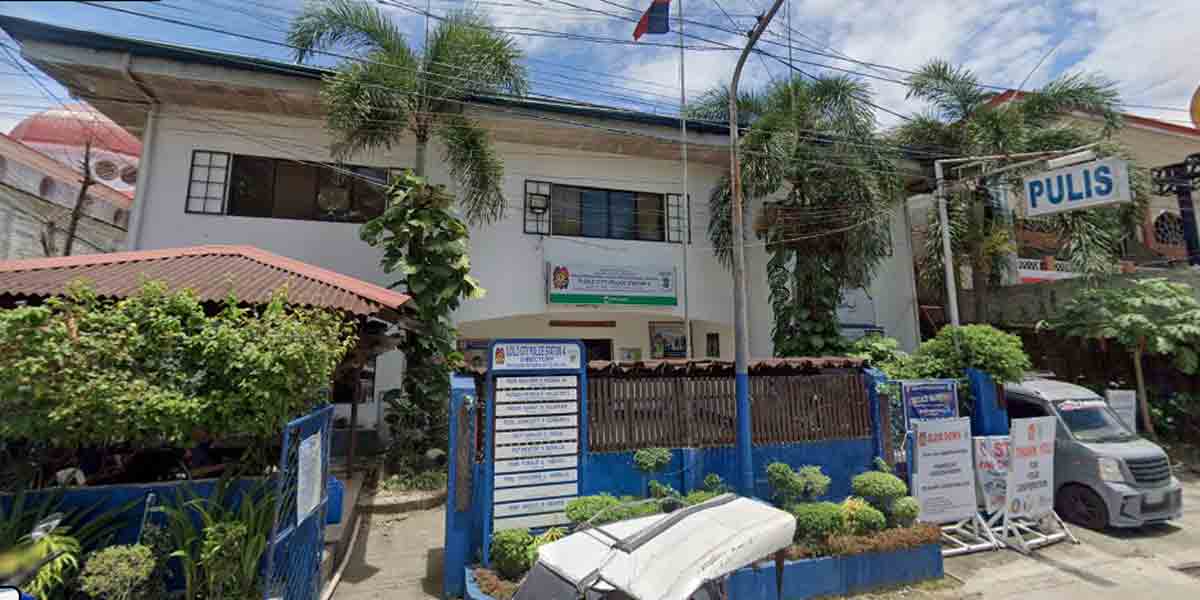 By Dr. Rex Casiple
By Dr. Rex Casiple
“All I remember was a momentary pause. Only the television and our raging heartbeats dared make a sound when the Department of Health confirmed the first COVID-19 case in the country. Never did I know that the pause was not momentary as I thought it was. Like how the virus spread, it inhabited the cores of the people, the economy, and the world. Once bustling cities became ghost towns, with buildings filled with closed signage, as if a passage from a horror novel had jumped into reality. But I did know this—the statistics will not pause. It will continue, up or down, and if used appropriately, it will be our lifeline.
That one first pause—over a year ago—is still here as the numbers continue to change. With the Coronavirus pandemic engulfing the whole globe, it is needless to say that statistics persist in being a top asset. At present, there have been 221 countries that have reported COVID cases, with over 240 million patients globally. News of the increasing number of case-related deaths, spiraling quantities of cases, reaching a 7-day average of almost 608,000, paired with symptoms like fatigue and fever, is imperatively dependent on current data. Without empirical information, preparations may submerge: hospitals may not be able to prepare adequate equipment and workforce; policymakers may be at a loss on which sectors to focus on; industries may fail to meet demands causing the country’s economy to fall; and the people may lose more than what they thought for, including their livelihoods and even their loved ones. Nonetheless, despite having access to data, our country has experienced these and is still suffering from the pandemic’s social and economic grip. Action is required next. Several agencies such as the DOH, Department of Science and Technology, Philippine Statistics Authority, and the National Economic Development Authority make a wealth of statistics available to the public to promote fact-based planning. Recharge PH to reduce COVID-19 transmission and deaths while restarting social and economic activities by NEDA is one of its products. Another is the DOH’s recent spike in vaccination plans. More programs and policies to guide socio-economic recoveries, such as creating employment and other economic opportunities, can help the country gradually recuperate and set what had paused into motion. Along with this long pause came stops — the breaths on hospital beds, heartbeats, and smiles — about 4.89 million of those. But today is when we stand to end all the endings, to stop all the stops. The grief will most definitely embroider into our cores. But, for the people still here, with the aid of evidence-based policies, we can offer an opportunity to remember this pandemic simply as a pause, just like the first – giving them a glimmer of hope that we could reclaim the lives we lost constrained in our homes. Statistics paired with action will trigger the retrogrades once again; we can move and change our now. The world is not stopping; it is only on pause.”
This Essay entitled “Only a Pause” is the winning piece (3rd placer) of Ms Mitzi Coleen A. Rufin, a BS Mechanical Engineering 4 student of TUP – Visayas, Talisay, Negros Occidental, in the just concluded 32nd National Statistics Month (NSM) Essay Writing Contest for College Students hosted by the Commission on Higher Education (CHED) Region VI.
Emmanuel John Araneta, a BS Management 4 student of UP-Visayas bagged the Championship title for this year. The title of his Essay is “Numbers Don’t Lie: Why Statistics Matters?”
Ms Marrione Micah de la Peña of TUP-Visayas bagged the 2nd Place trophy. The title of her Essay is “Statistics in the Context of COVID-19 and Digital Media.
The Essay Writing Contest for College Students is a region-wide contest open to all college students enrolled in public and private colleges and universities in the Region.
The contest was conducted on Oct 4-20, 2021. It was participated by 76 contestants from 24 public and private colleges and universities in the Region. Awarding of the winners was done virtually on Oct 28, 2021.





















